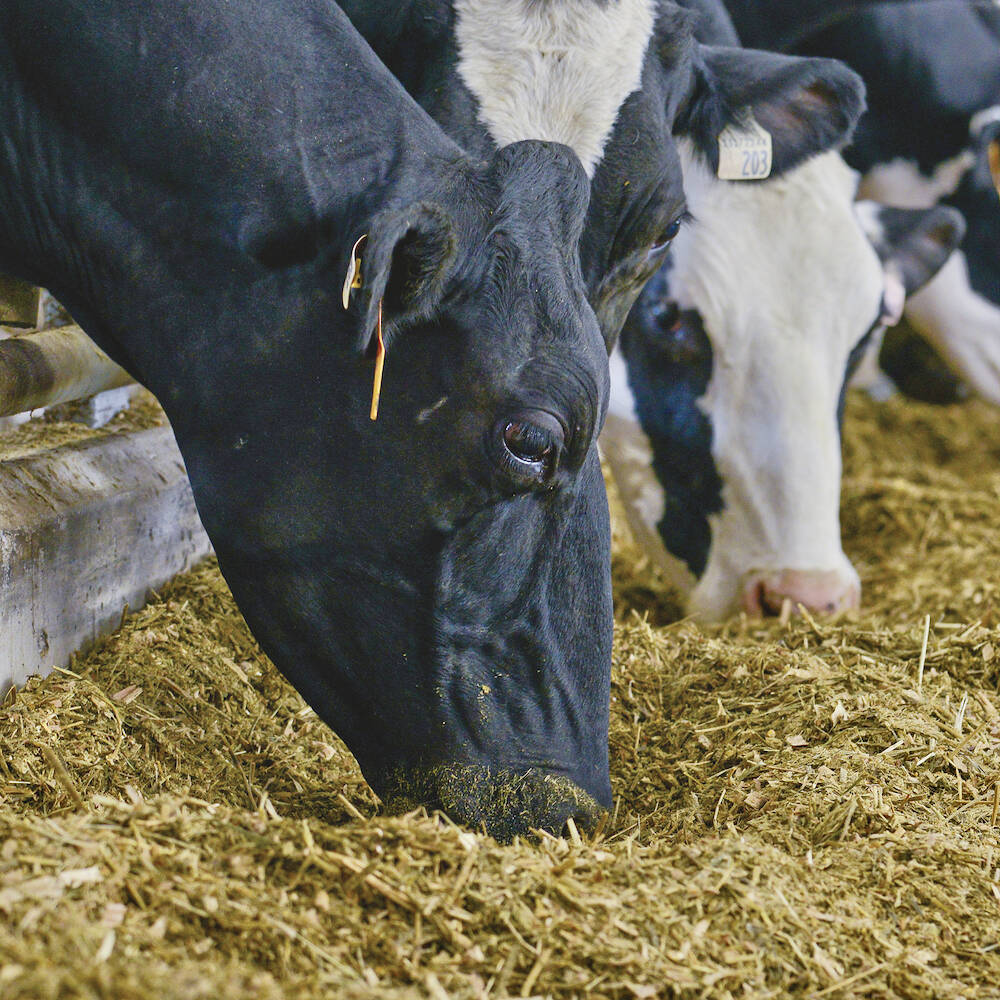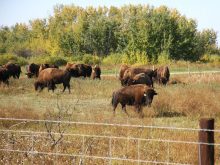Saskatchewan emergency management officials are bracing for the weekend and warmer weather.
Since yesterday, one additional rural municipality — Wilton — has declared a state of emergency from flooding, but it’s really the additional melting that the weekend is expected to bring that will change things for areas still under snow.
That is an unusual situation for this time of year.
“We’re in a bit of uncharted territory here,” said Water Security Agency spokesperson Patrick Boyle.
Overnight, water levels in Radisson dropped slightly while in Borden they held steady or increased a bit.
Read Also

Media reports suggest U.S. dairy access to Canada a topic of conversation in Ottawa
Globe and Mail article suggests U.S. dairy access to Canada is back as a topic of conversation in Ottawa
Boyle said there is still more water coming, however, as parts of the watershed have 70 to 80 percent snow cover yet to melt.
The Moose Jaw River will peak again on the weekend where about 50 percent snow cover remains, but the most dramatic increase might be seen on Wascana Lake in the city of Regina.
Wascana Lake is already at its full supply level and is expected to rise at least one metre. The basin is still largely snow covered, and there is a lot of water to move through the city and on into the Qu’Appelle system.
Rafferty and Alameda reservoirs on the Souris are ready to accept inflow on that system.
Emergency management commissioner Duane McKay said his officials are monitoring flows downstream of Radisson toward the Prince Albert area, as well as Cumberland House at the Saskatchewan River delta.

















